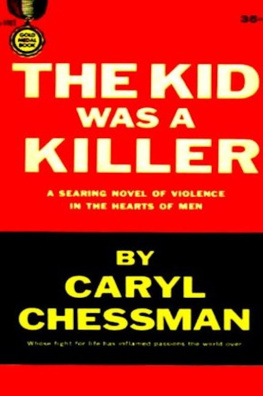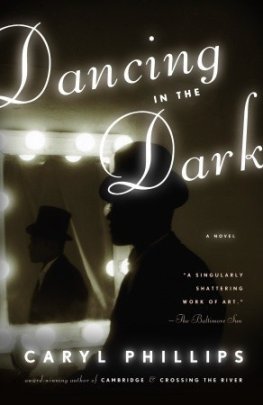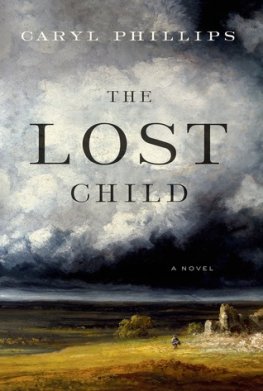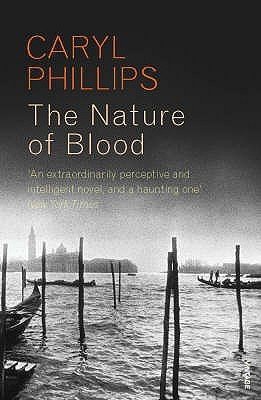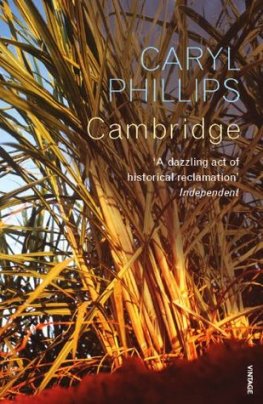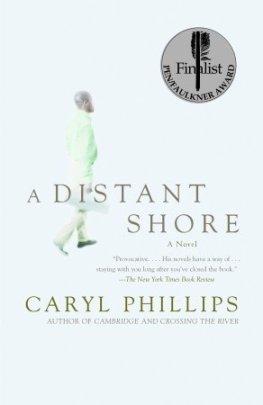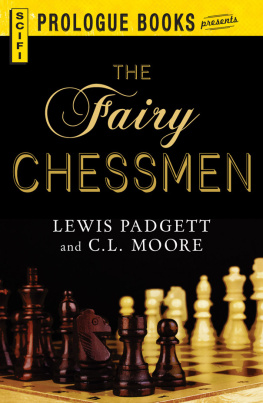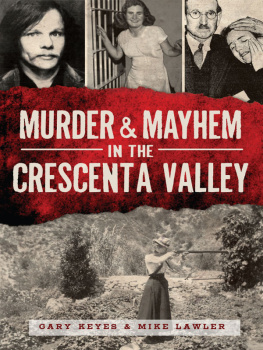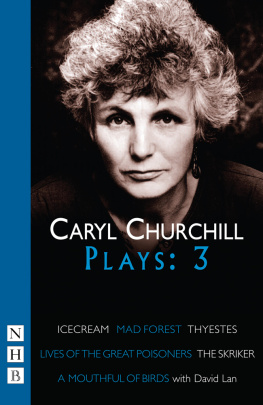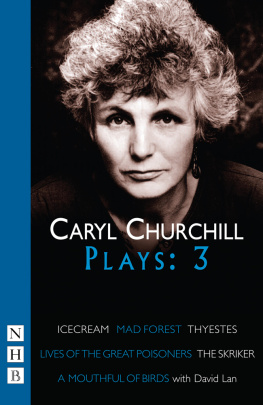Caryl Chessman - The Kid Was a Killer
Here you can read online Caryl Chessman - The Kid Was a Killer full text of the book (entire story) in english for free. Download pdf and epub, get meaning, cover and reviews about this ebook. year: 1960, publisher: Gold Medal S1002, genre: Detective and thriller. Description of the work, (preface) as well as reviews are available. Best literature library LitArk.com created for fans of good reading and offers a wide selection of genres:
Romance novel
Science fiction
Adventure
Detective
Science
History
Home and family
Prose
Art
Politics
Computer
Non-fiction
Religion
Business
Children
Humor
Choose a favorite category and find really read worthwhile books. Enjoy immersion in the world of imagination, feel the emotions of the characters or learn something new for yourself, make an fascinating discovery.
- Book:The Kid Was a Killer
- Author:
- Publisher:Gold Medal S1002
- Genre:
- Year:1960
- Rating:5 / 5
- Favourites:Add to favourites
- Your mark:
- 100
- 1
- 2
- 3
- 4
- 5
The Kid Was a Killer: summary, description and annotation
We offer to read an annotation, description, summary or preface (depends on what the author of the book "The Kid Was a Killer" wrote himself). If you haven't found the necessary information about the book — write in the comments, we will try to find it.
The Kid Was a Killer — read online for free the complete book (whole text) full work
Below is the text of the book, divided by pages. System saving the place of the last page read, allows you to conveniently read the book "The Kid Was a Killer" online for free, without having to search again every time where you left off. Put a bookmark, and you can go to the page where you finished reading at any time.
Font size:
Interval:
Bookmark:
Caryl Chessman
The Kid Was a Killer
Caryl Chessman
This page formatted 2007 Blackmask Online.
http://www.blackmask.com
Introduction
Chapter One
Chapter Two
Chapter Three
Chapter Four
Chapter Five
Chapter Six
Chapter Seven
Chapter Eight
Chapter Nine
Chapter Ten
Chapter Eleven
Chapter Twelve
Chapter Thirteen
Chapter Fourteen
Chapter Fifteen
Chapter Sixteen
Chapter Seventeen
Chapter Eighteen
Chapter Nineteen
Chapter Twenty
Chapter Twenty-one
Chapter Twenty-two
Chapter Twenty-three
Chapter Twenty-four
Conclusion

For FUZZY
who, in another day, knew
another kid, who loved him,
and tried to make him whole.
Caryl Chessman
Introduction
by
H. Peter Laqueur, M.D.
(Dr. Laqueur is a member of the Psychiatric Staff of Mt. Sinai Hospital in New York City, and a specialist in insulin treatment for schizophrenics at Creedmoor State Hospital in Queens County, New York.)
Death is one of the fundamental phenomena of the universe. It comes to all creatures at the point where the external environmental forces exceed the powers of adaptation and adjustment built into the fragile miraculous microcosmos of cells and changeable protein molecules which we call the living organism.
The author of this book has been under a real threat of extinction for eleven years. He was condemned to die not only by the natural forces, which eventually bring an end to the life of each of us, but by an added large force of common public emotion (indignation) and thought (law) because he had at one point threatened the life of another human being.
Rarely are books written by criminals under prolonged threat of extermination, except the diaries of political rebels or the last statements and letters of those condemned to die in military conflict.
It is not my function as a psychiatrist to give a psychiatric diagnosis of the state of mind of the author, whom I have never met. My own thoughts about death have been deeply influenced by writers like Schopenhauer, who as a philosopher, and Thomas Mann, who as a poet, have taught me to see death with equanimity if not with detachment. As long as we are, death is not. When we are gone, our thoughts and memory and emotions are not; therefore there is no connection between life and death. We will never know or experience the moment of our extinction, no matter how much we fear it before it arrives.
Nietzsche went even further. He said: Of our death we are certain. Why should we not be cheerful?
In a brilliant after-dinner lecture at the Harvard Club in Boston, I recently heard the scientist, philosopher and poet Warren S. McCulloch say that death comes to an organism when there are no further possibilities to put its built-in capacities for adaptation to a good use.
The end of Caryl Chessman's life, which has caused so many people to think about threats of violent death and retaliation by capital punishment, is discussed here more as a philosophical problem than a moral one. To be for or against capital punishment is a question on the same psychiatric level as whether we are for war or peace; whether our rational minds permit us to allow violent death to be brought about by us and our fellow men, or whether we can resist the temptation to become so utterly and definitely violent.
The author of this book sees the hero of his story as a killer, a man who cannot refrain from maximal violence, and he explains that the forces of society around him have made him that way; in other words he has lost his ability and his willingness to control his destructive impulses when he is angry, or when an opportunity for killing arises. He indicates that, if society makes us furious enough, or exposes us to enough cruelty, we may become killers.
No one has ever measured how much torture and cruelty a growing child must be exposed to in order to convert it into a mad killer. Certain organisms can stand a lot of punishment over a long time before they become antisocial, while others under the same stress break early. What baffles me is the fact that Caryl Chessman has managed to stir people up to such an extent; that many people left the normal middle field of neutrals and chose to move into either the violently indignant group which is for capital punishment, or the equally vociferous and emotional group which exclaims against capital punishment as a social sin and crime equal to the ones it seeks to avenge.
We psychiatrists think often in terms of unconscious (irrational) forces which steer our mind into various types of behavior. Which unconscious motives make us choose so emphatically for or against death by capital punishment? Those who believe in the primary goodness of manthe modern humanists among whom belong Thomas Mann and the present Popeare powerfully motivated to believe that delaying violent action, holding and restraining the violent criminal without physically injuring him, leads to a better world because it gives the primary good in man a chance to develop further, rather than cutting him off from the world. These humanists must have experienced some good in their own young years which made them believe in the value of restraint and self-discipline. The other faction of our people, those who believe that criminal violence should be punished by death, have in their own lives experienced the consequences of hate and cruelty; they have learned to identify with the victims of violence and they wish vehemently to protect our community from aggression, not only from other external criminals, but also from the violence in their own hearts. Those who feel the need for capital punishment as a deterrent want not only to hold a threat over their aggressive fellow men, but also want to protect themselves from the possible temptation to break through their own capacity for reason and restraint, and commit major violence. It can be argued that there is nothing morally wrong with capital punishment. But it is an admission of our own inner weakness; in our need to protect ourselves, we realistically assume that sharp threats and acute danger of death are necessary to ward off man's sadistic impulses.
I do not know whether Caryl Chessman as a man has any merits. I cannot say anything more than this: he stirred us all to think about the violence in our own hearts, and that makes his impact on our society important.
Chapter One
There was a famine in local sports news, one of those dead periods that crop up.
Borden, our aging and irascible little dynamo of a sports editor, sent for me. When I barged into the cluttered cubicle he called his office, he was restlessly pacing the floor, a green eyeshade cocked on his bald head.
Evans, I was told brusquely, without preliminaries, your column's getting anemic. Hell, man, it's practically old-maidish!
I winced. But you didn't argue with Borden, the little man who could outshout Stentor. You heard him out. That way you saved a lot of wear and tear on your ears.
Borden continued, Get off the seat of your pants and go out and dig us up a story with sock and human interest; something that'll hit the reader between the eyes. It's out there, I know it.
Then came the punch line, some famous last words: All you gotta do is find it. The little devil smiled benignly.
Yeah, I said icily, all I have to do is find it. But where?
Borden pivoted around and shouted, How should I know? That's your job.
Sure, that was my job.
And didn't I have two eyes, two ears, two legs? Didn't I have the prescient Borden's ironclad assurance a Big Story was out there somewhere in our sprawling, sports-starved metropolis just waiting for Charley Evans, columnist and feature writer, to break it? What more did I need, a ouija board? The logic was perfect and, from Borden's standpoint, devastating.
Font size:
Interval:
Bookmark:
Similar books «The Kid Was a Killer»
Look at similar books to The Kid Was a Killer. We have selected literature similar in name and meaning in the hope of providing readers with more options to find new, interesting, not yet read works.
Discussion, reviews of the book The Kid Was a Killer and just readers' own opinions. Leave your comments, write what you think about the work, its meaning or the main characters. Specify what exactly you liked and what you didn't like, and why you think so.

